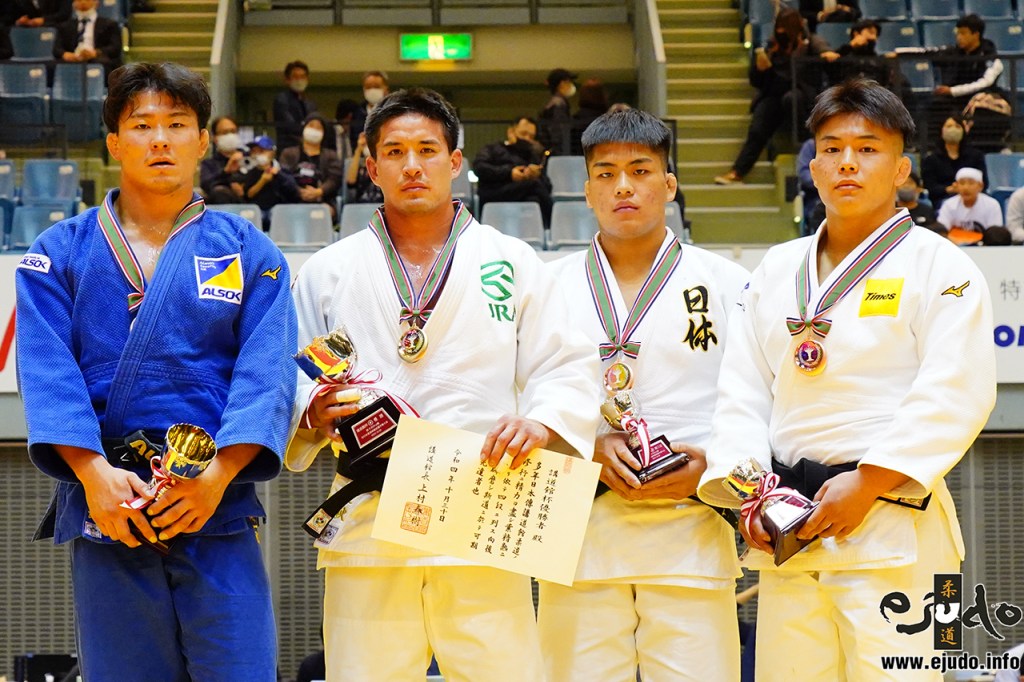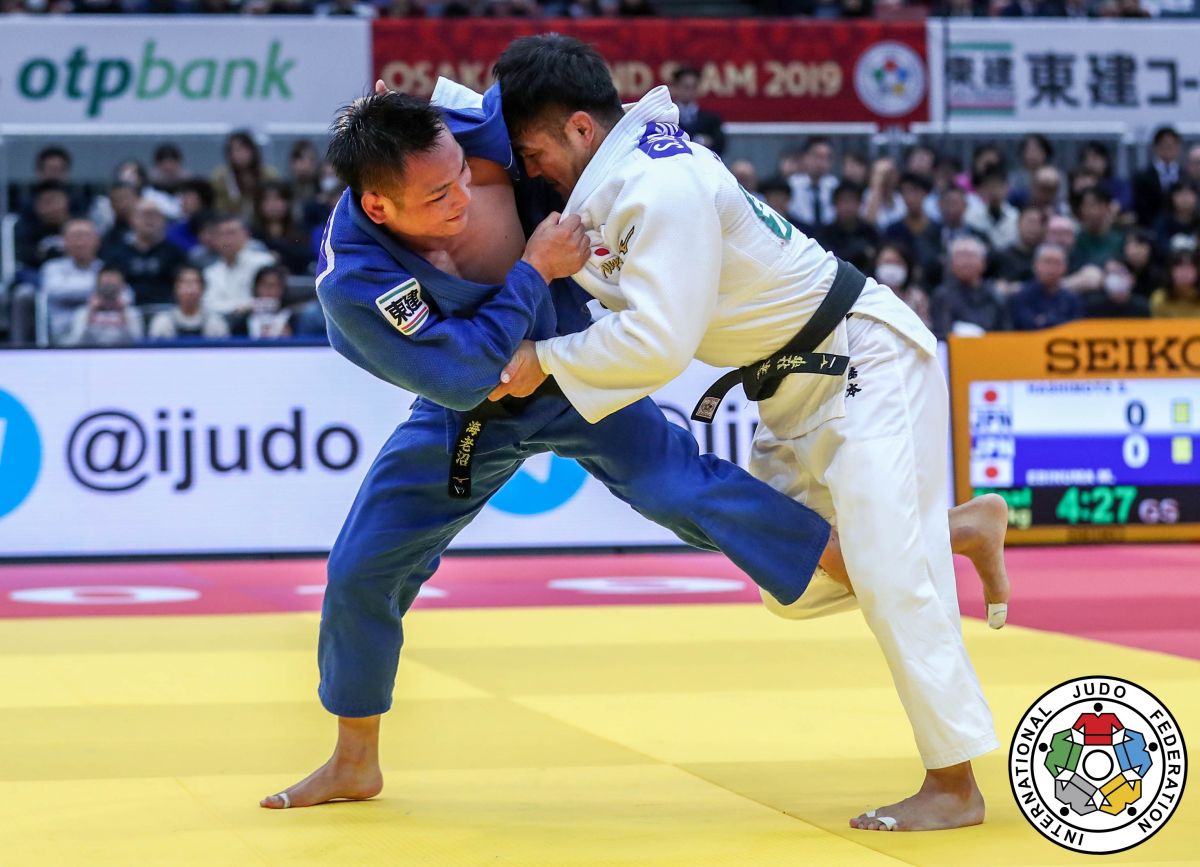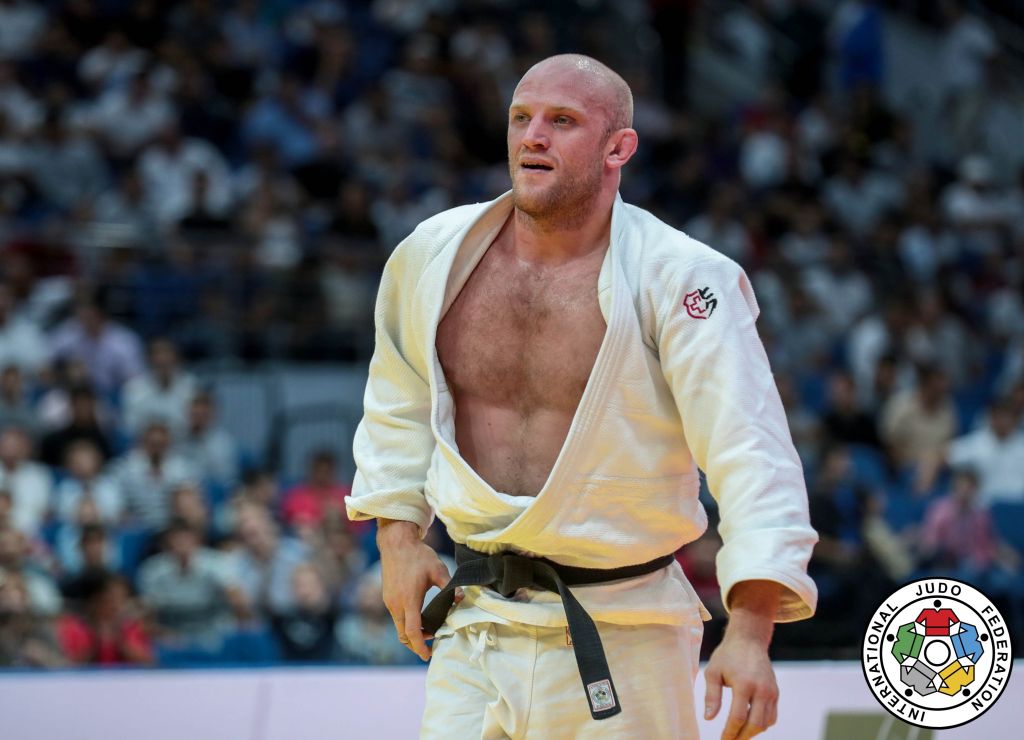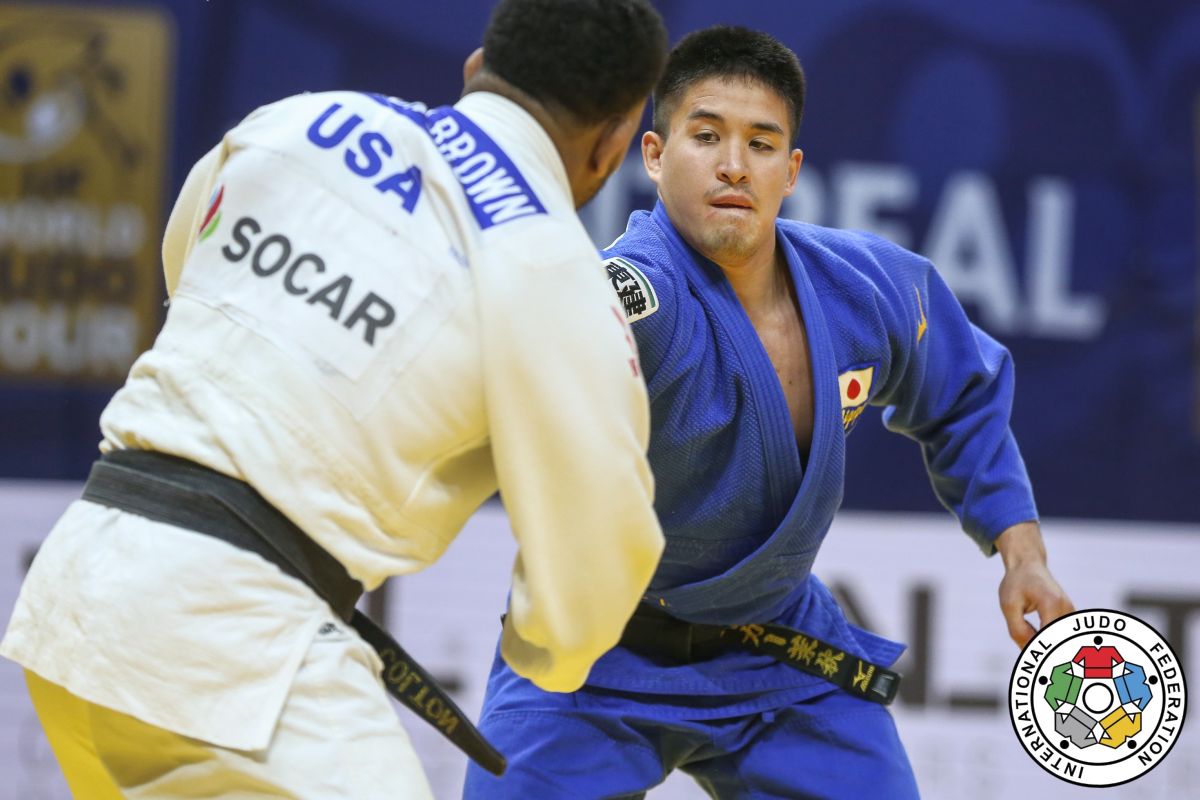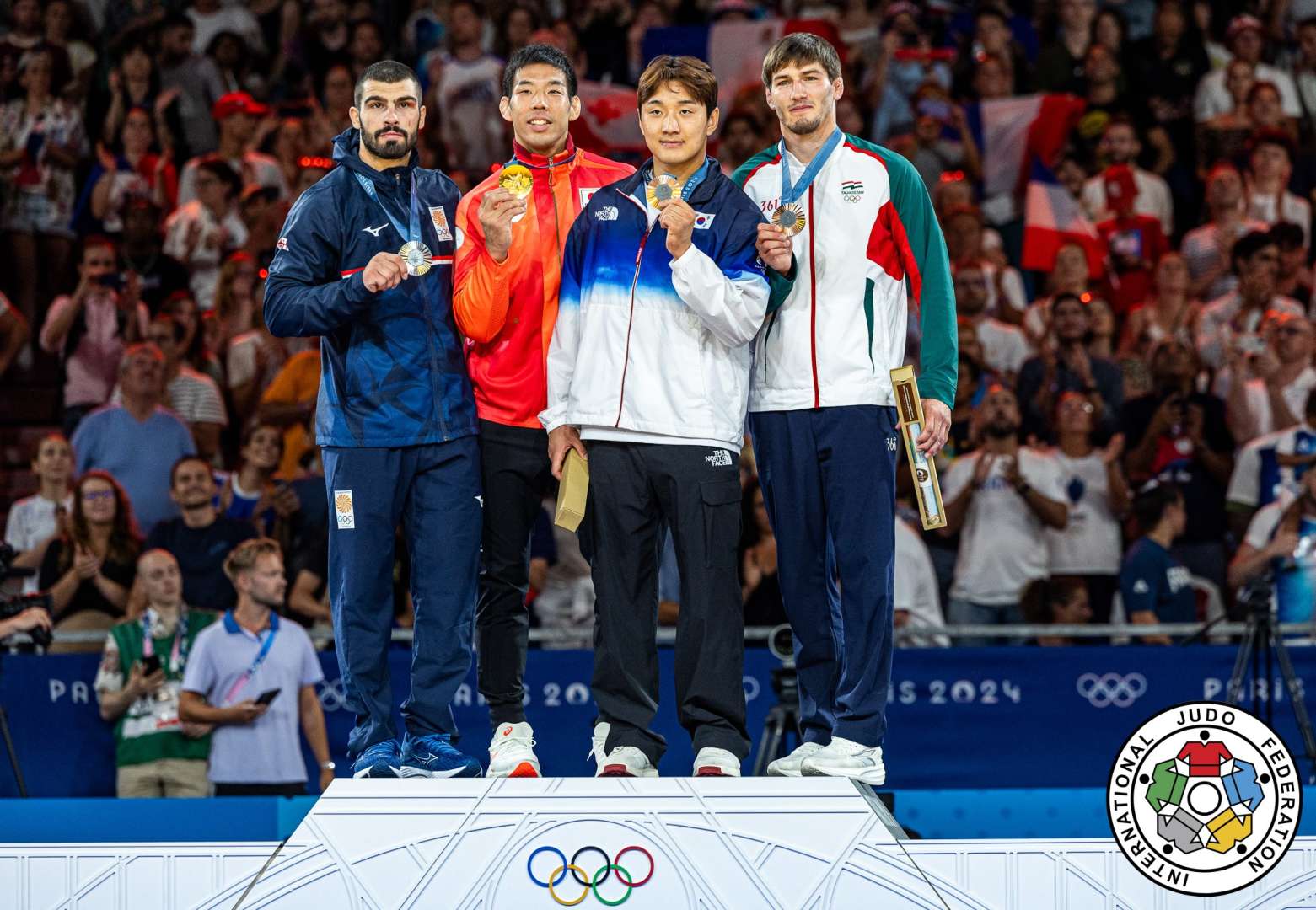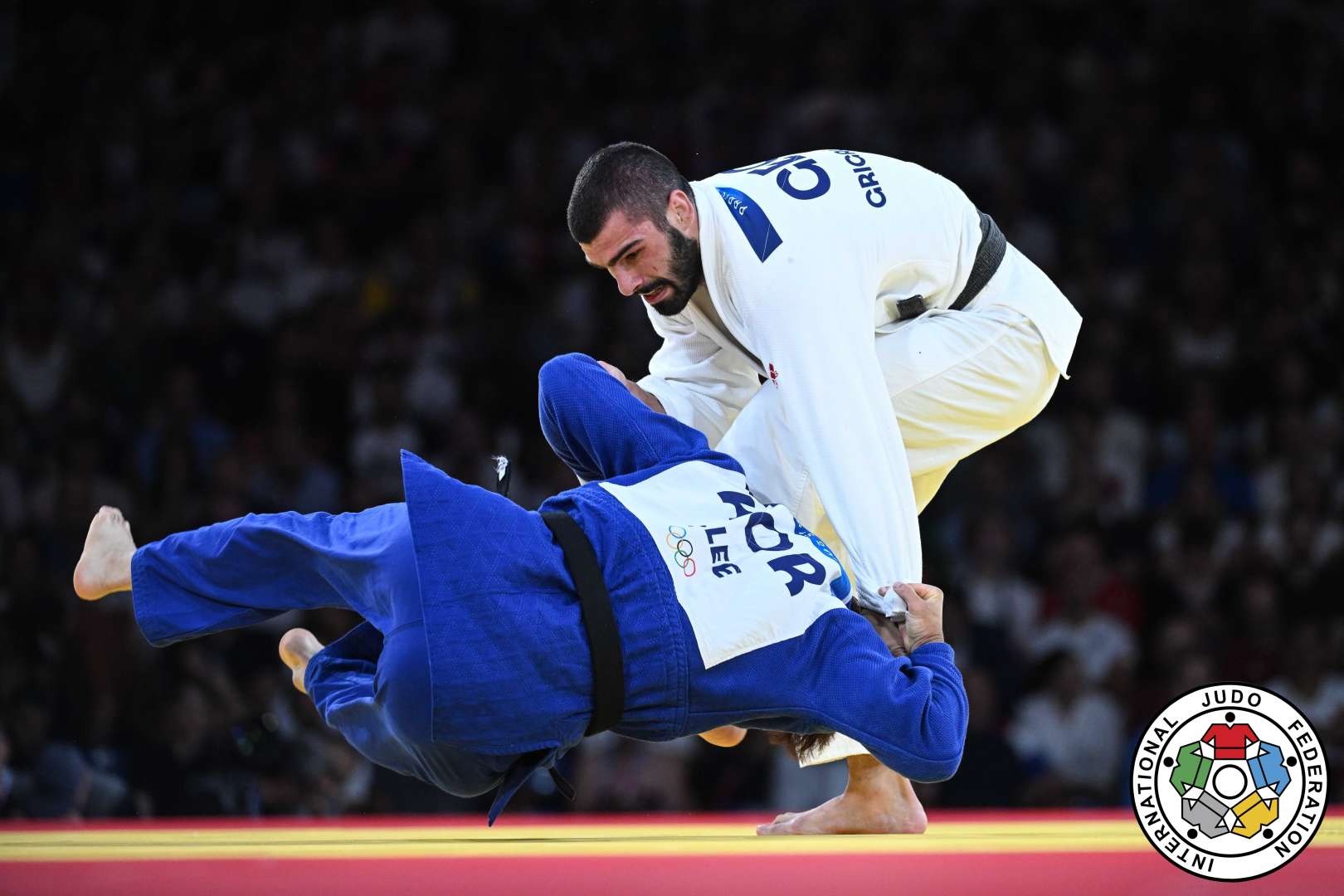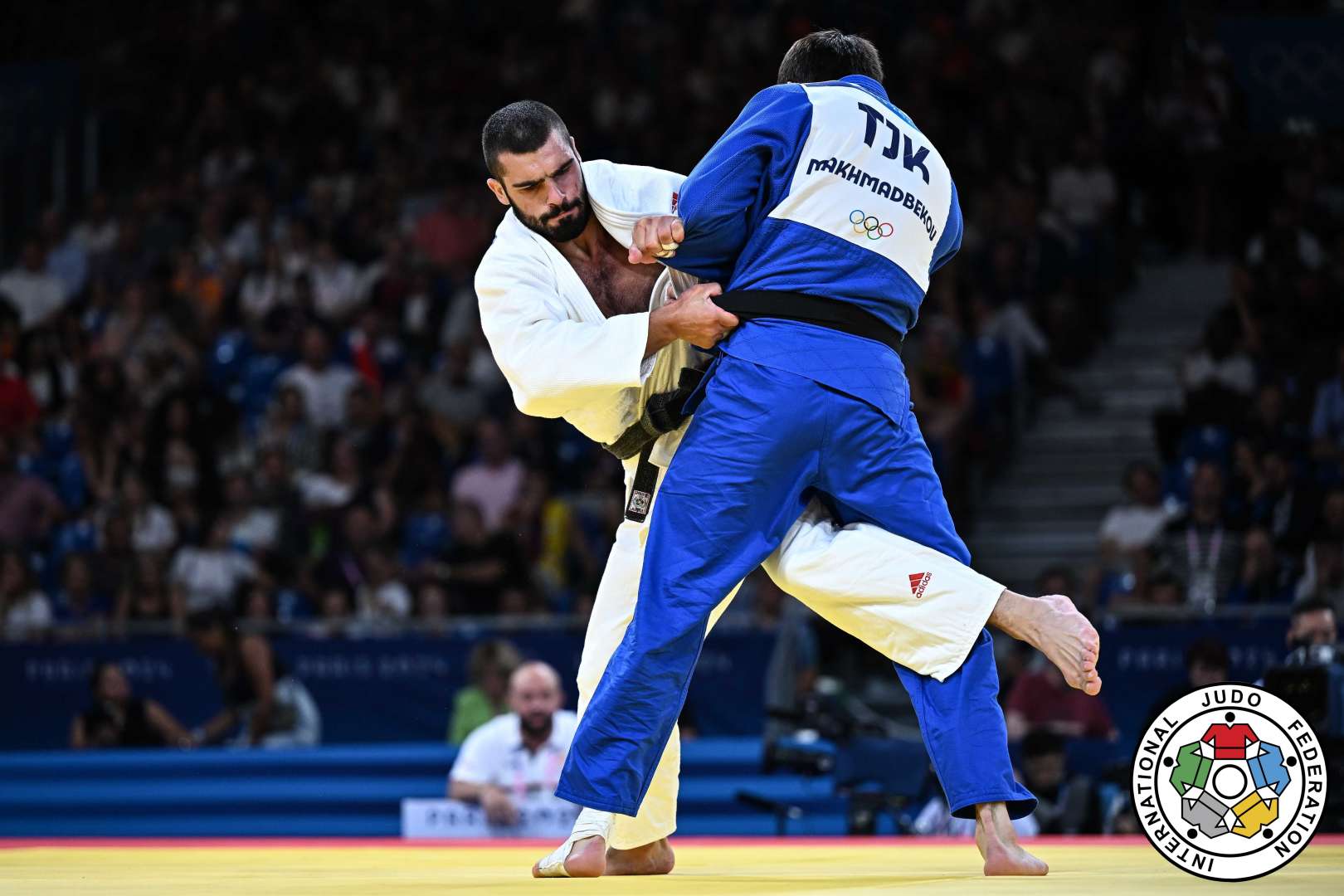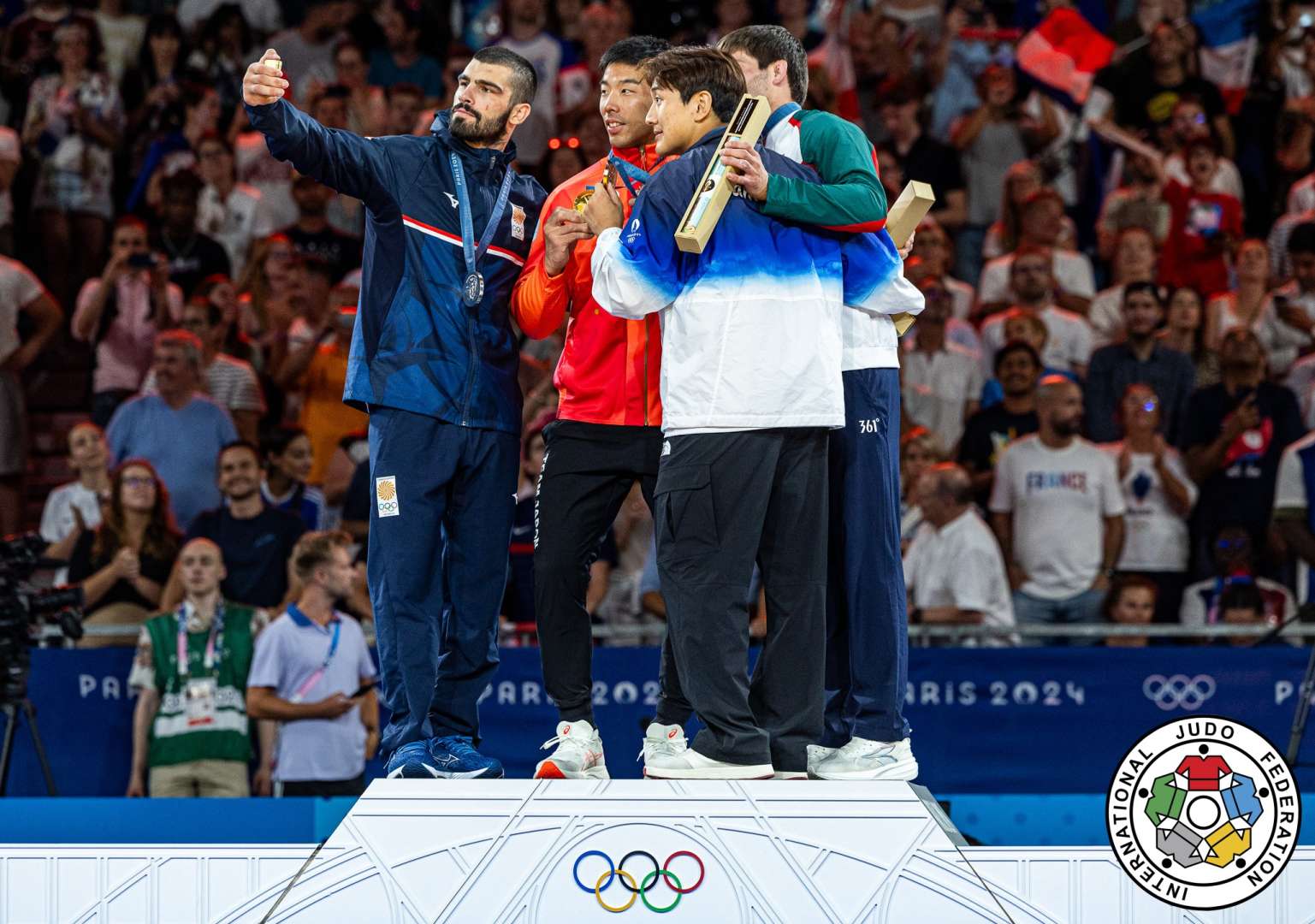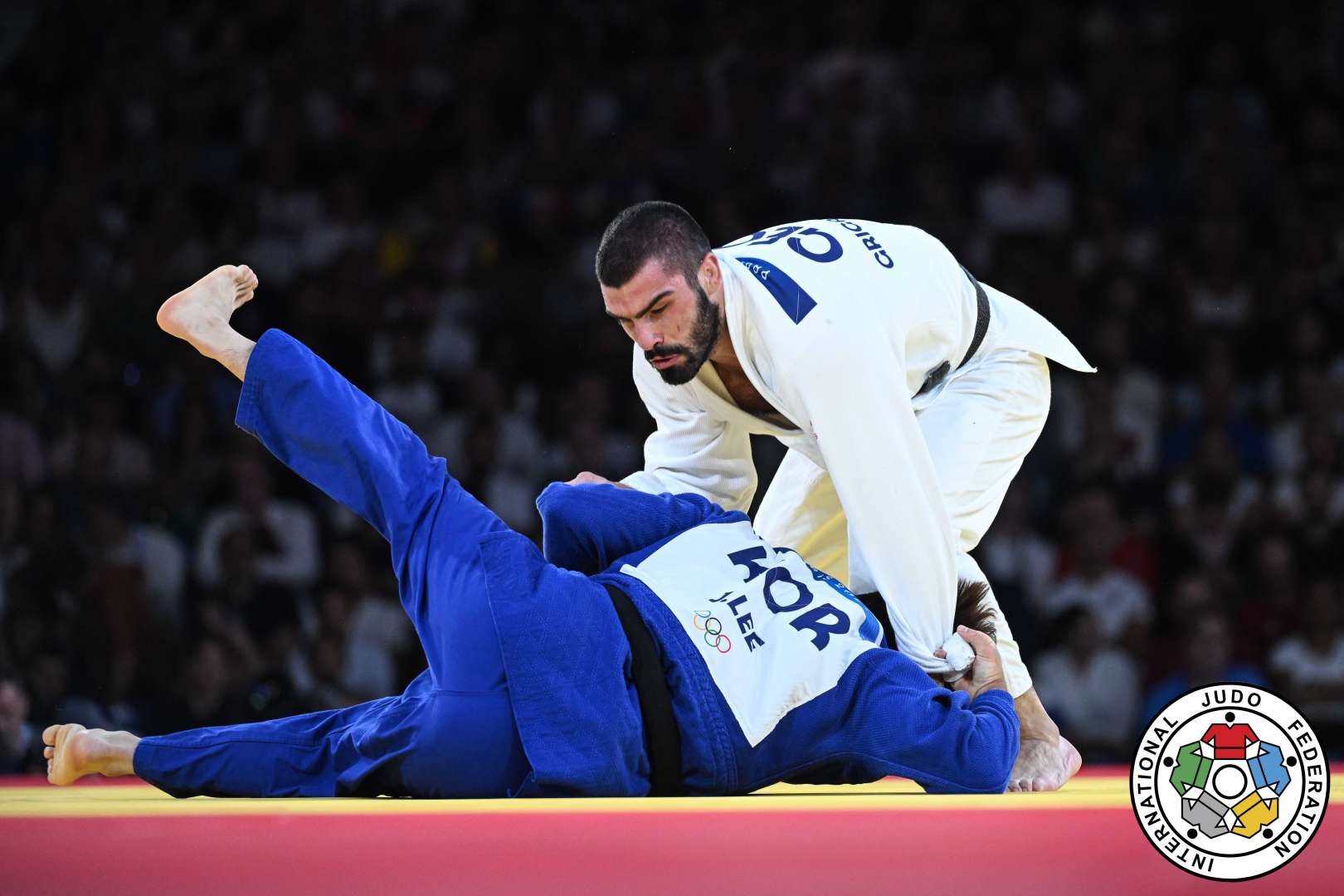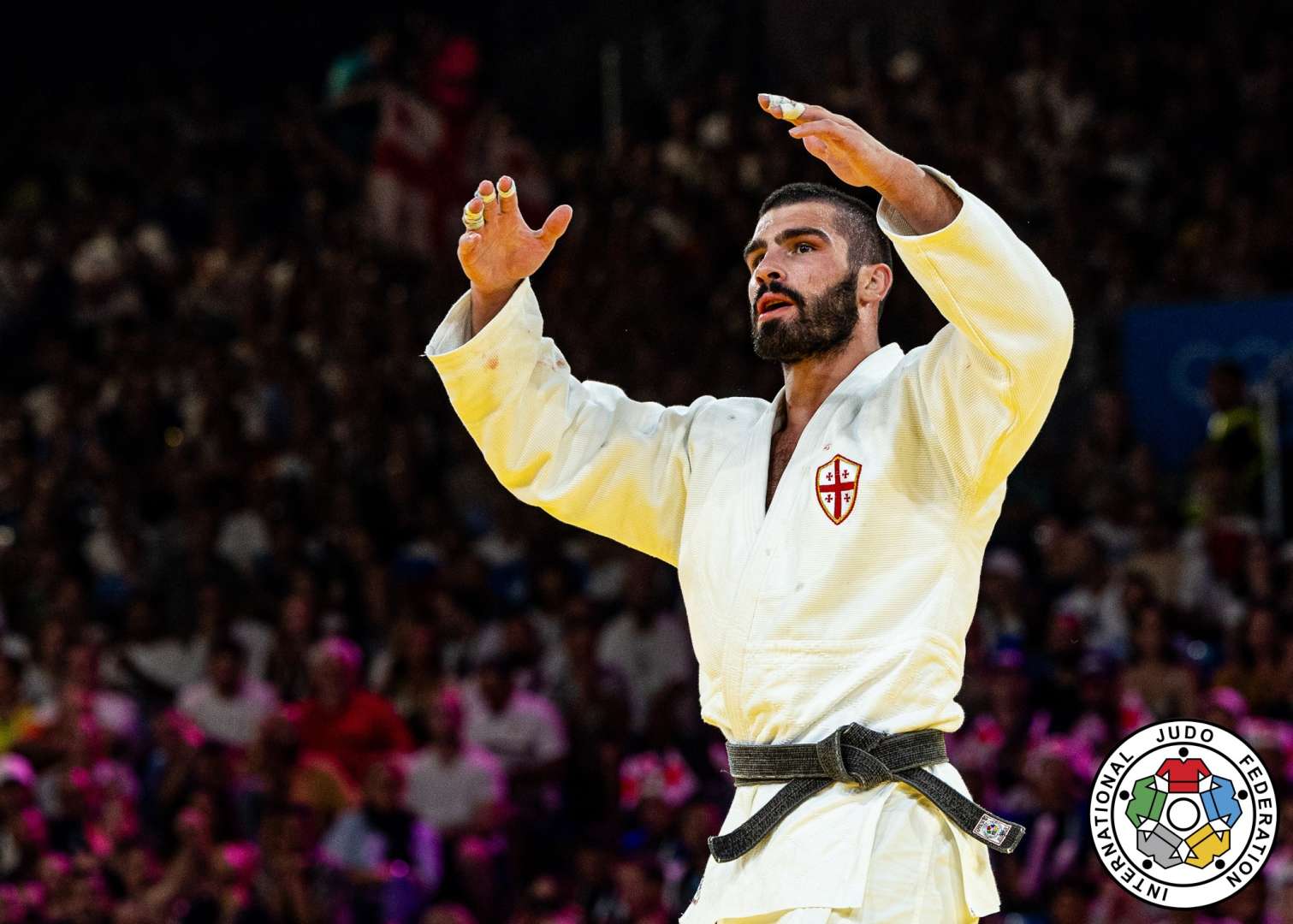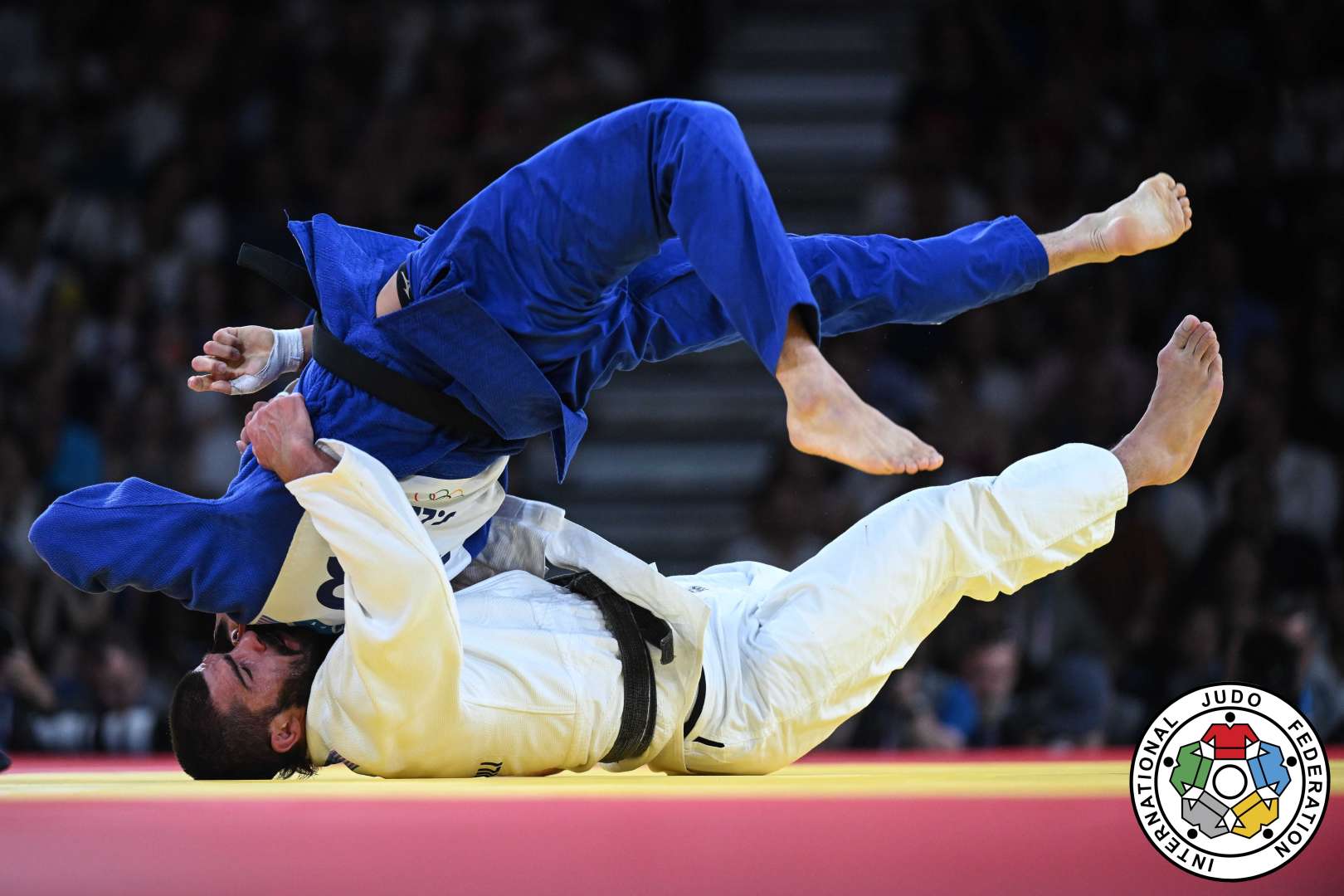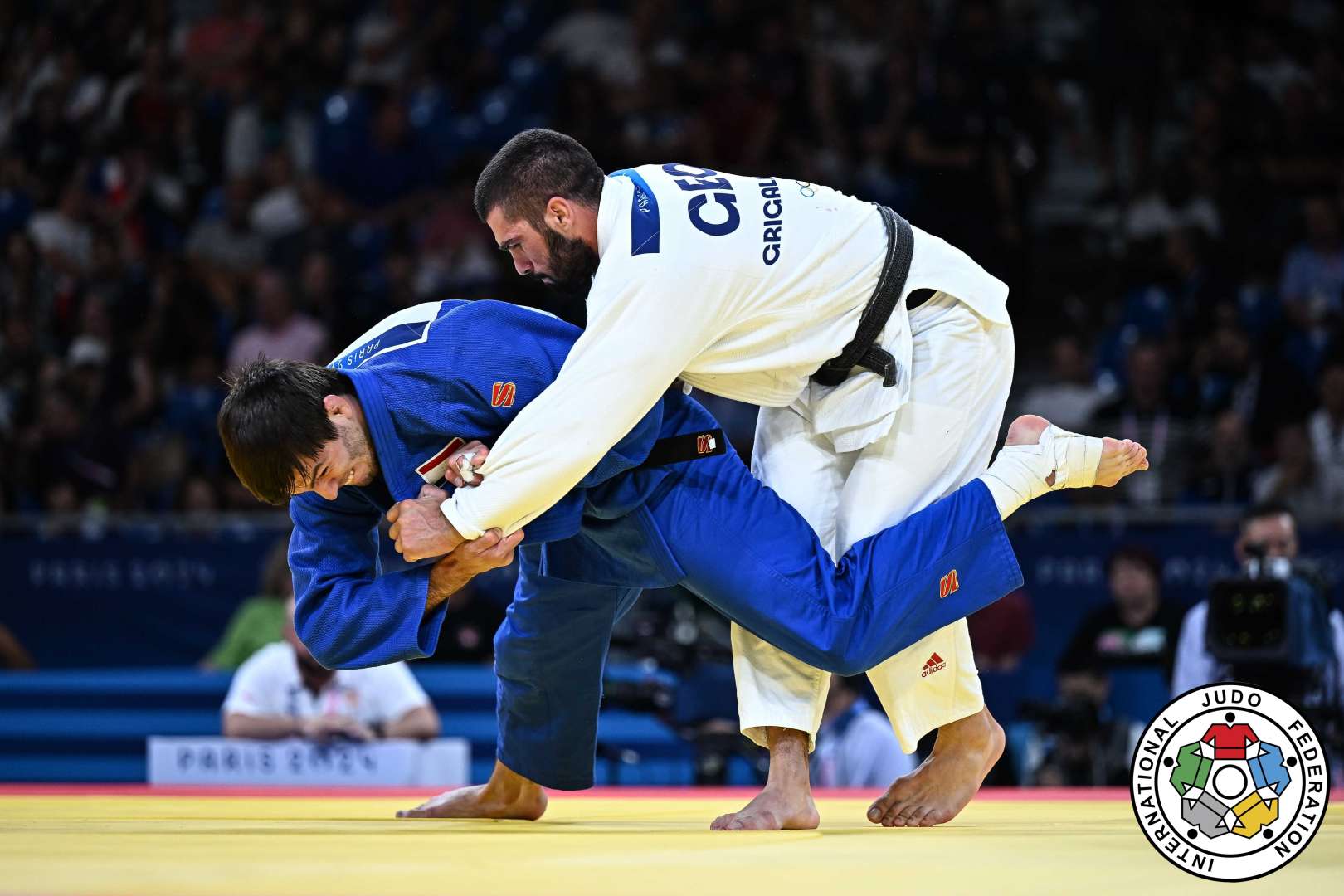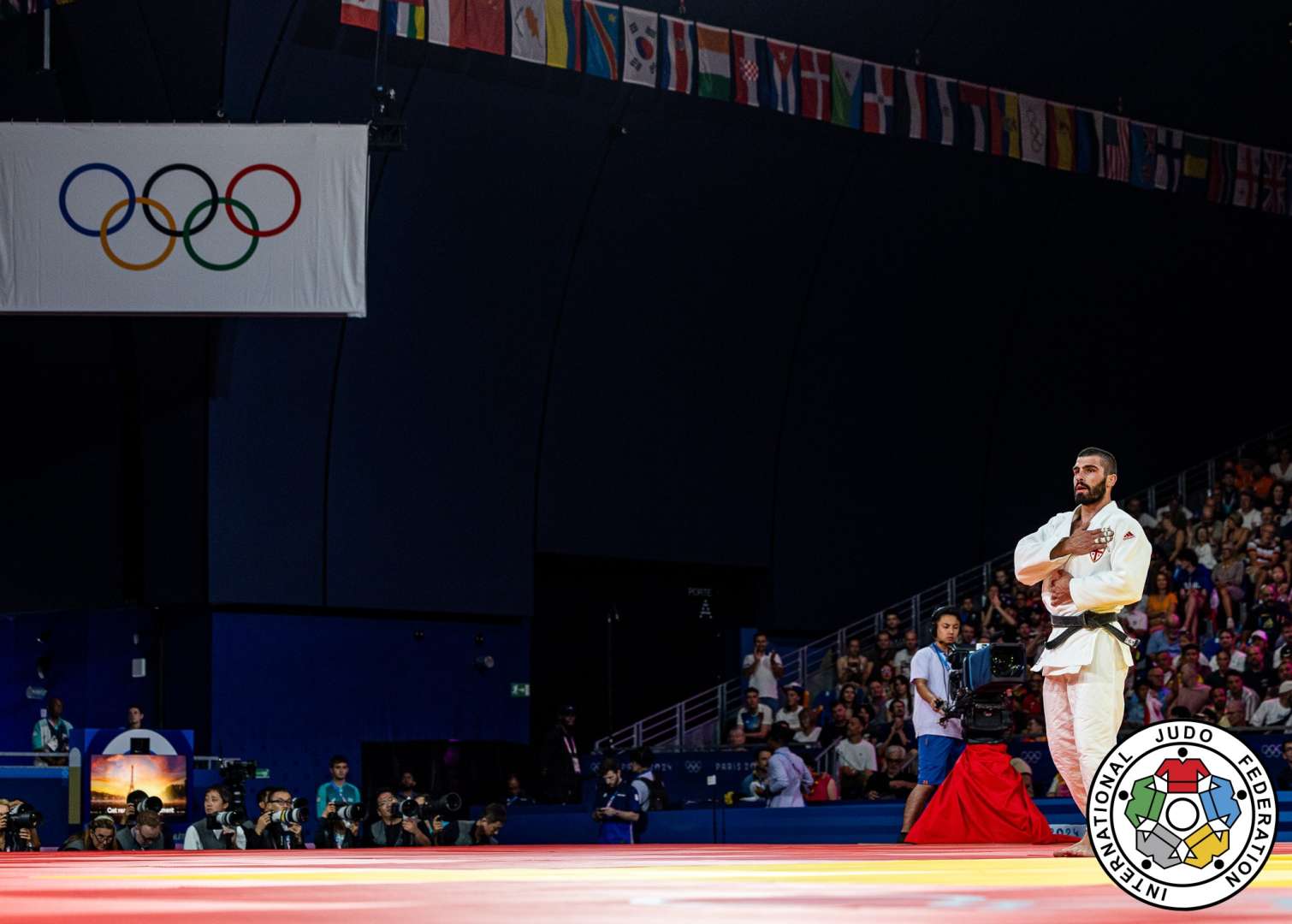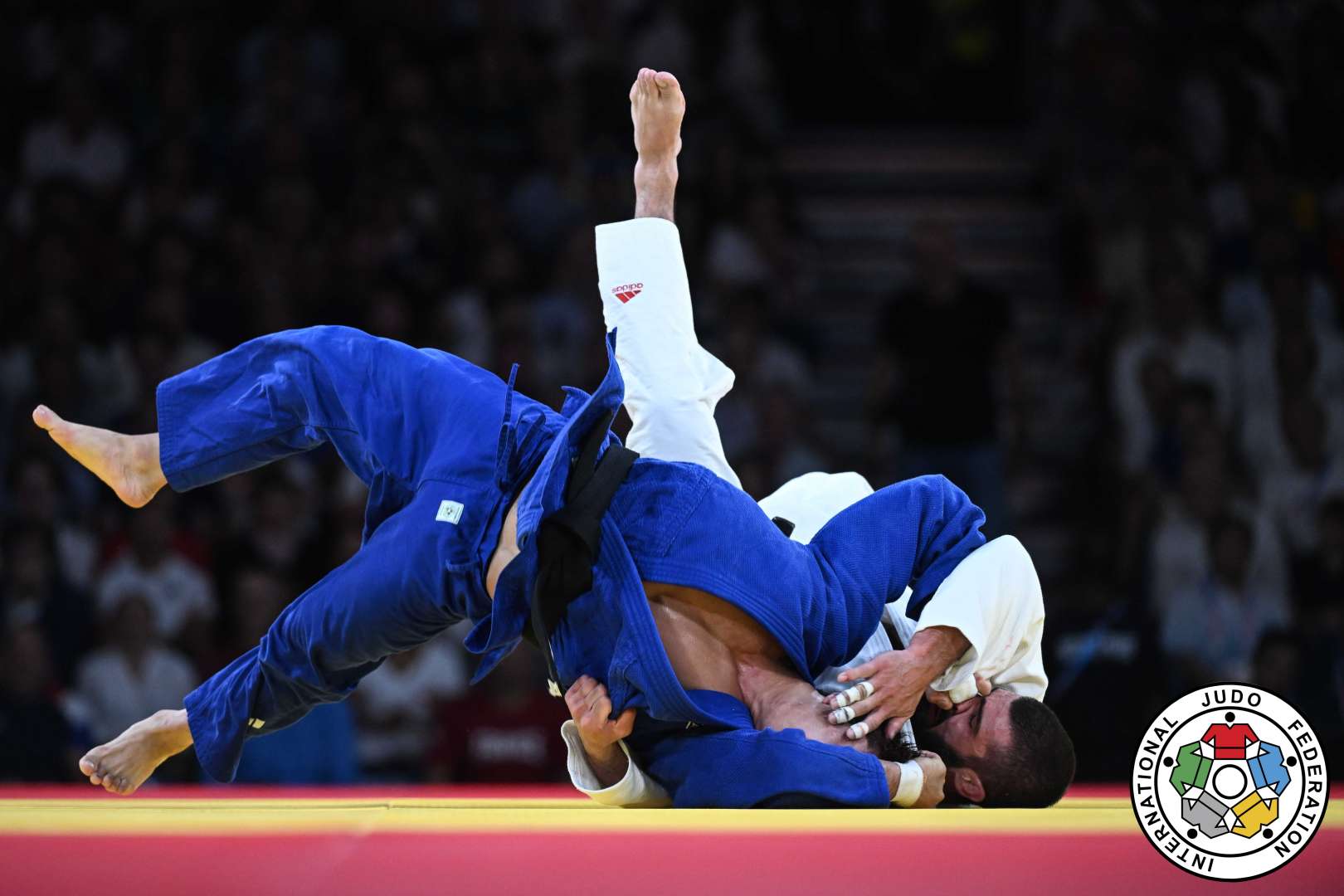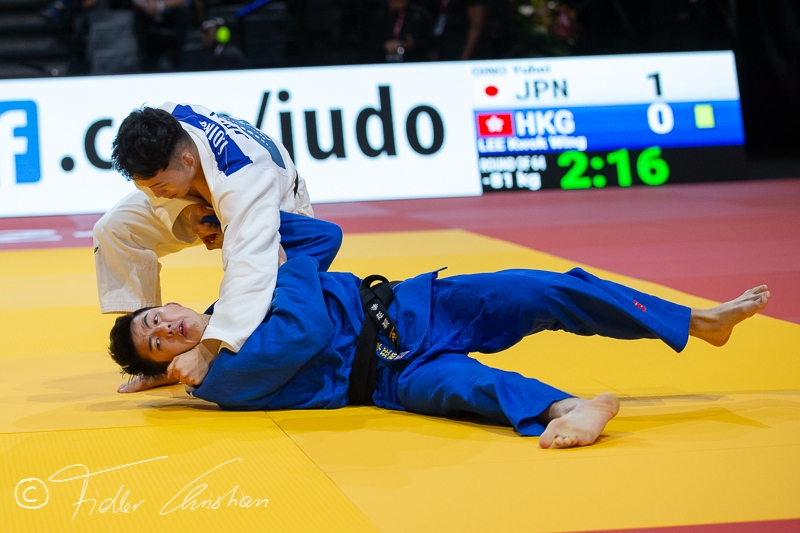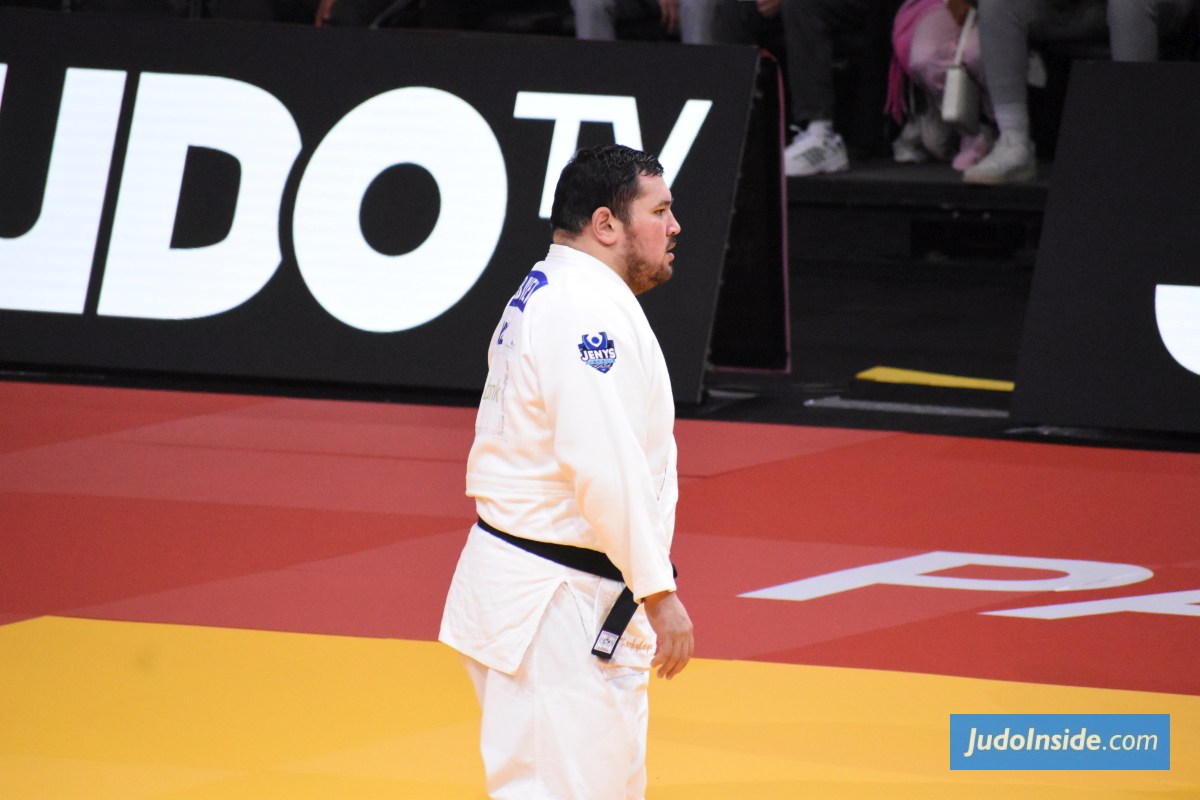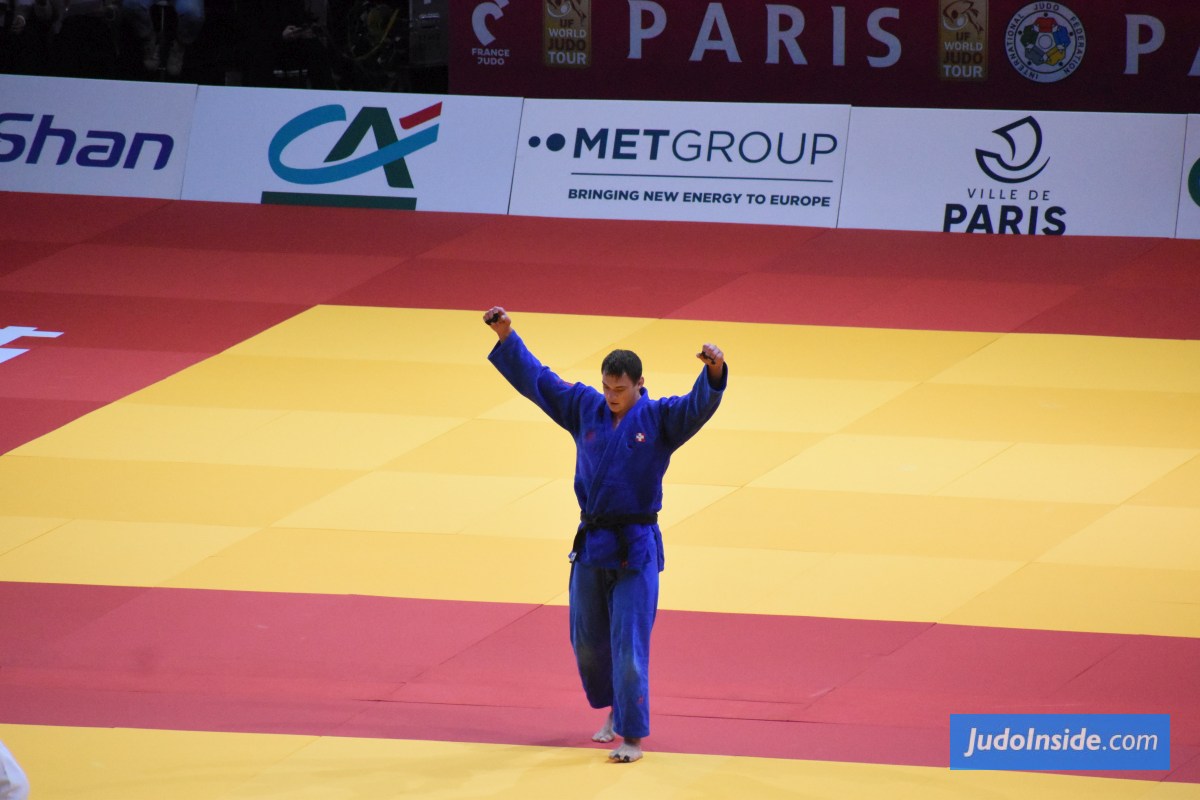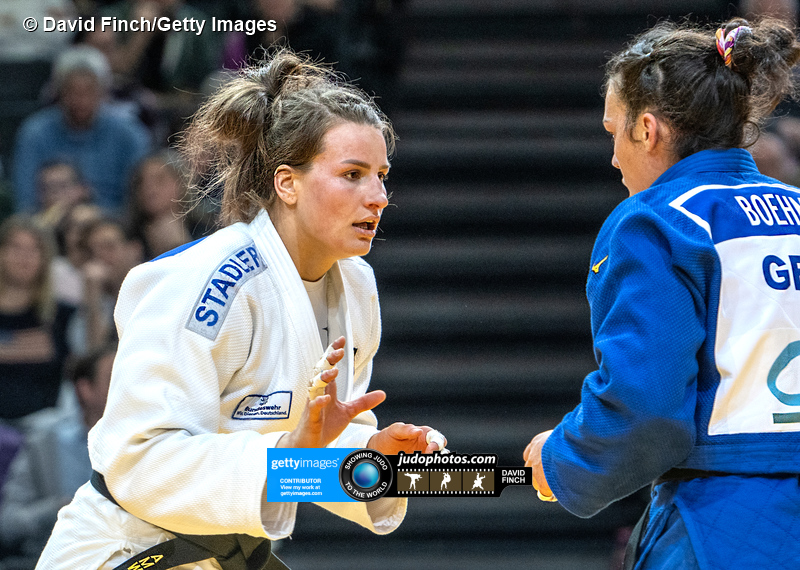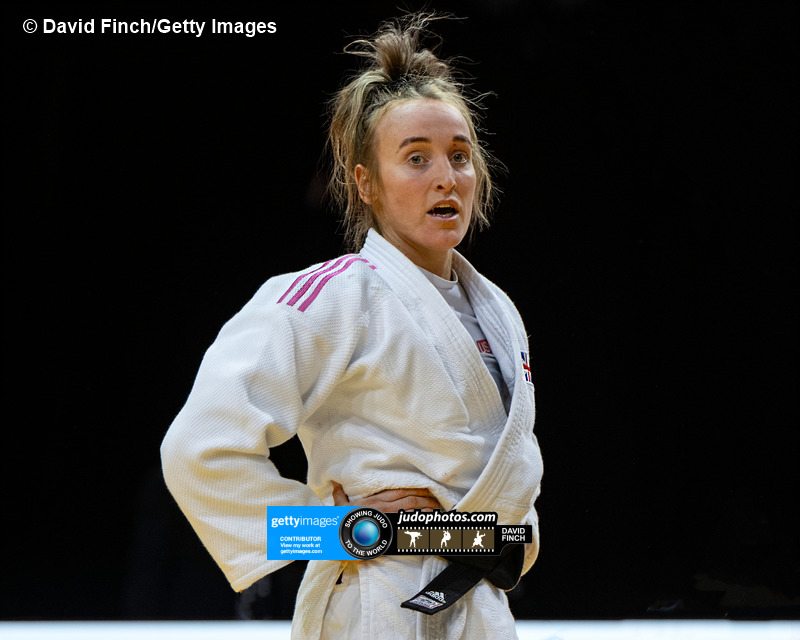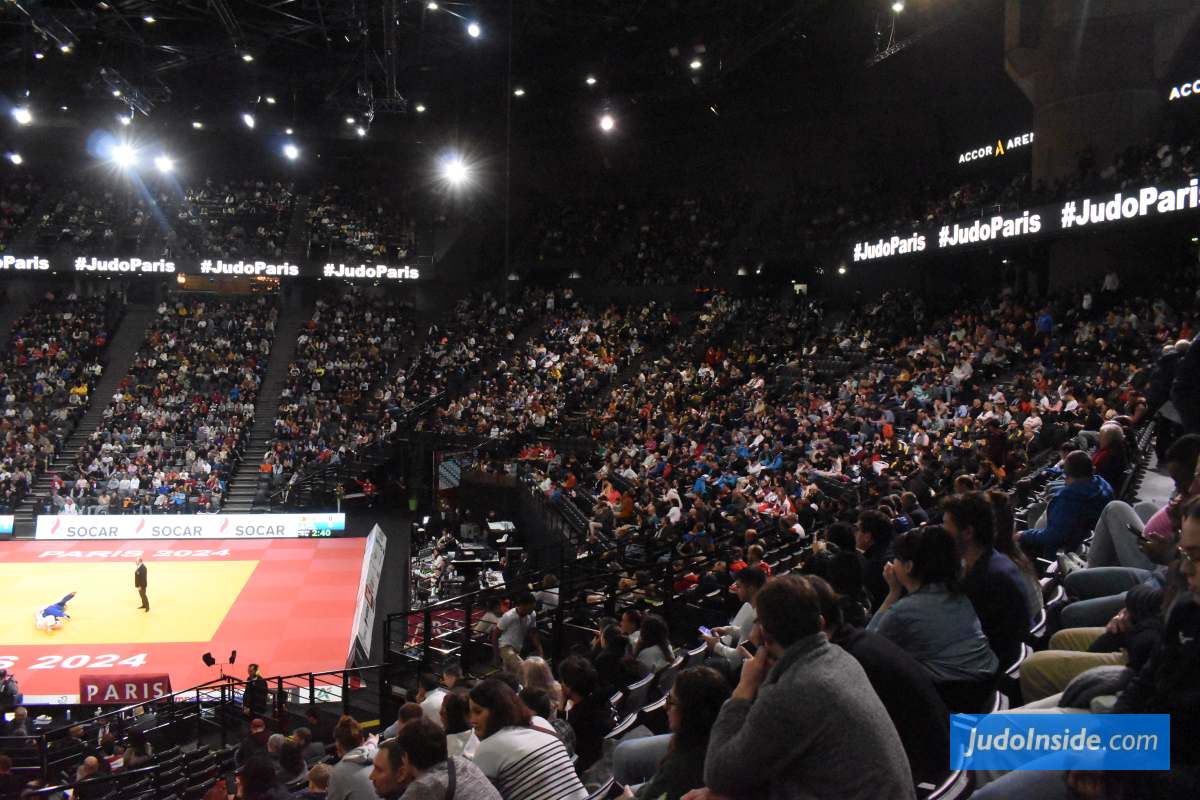Ono, Baker and Tachimoto praise Japans efforts

 30 Aug 2016 13:10
30 Aug 2016 13:10
 http://www.japantimes.co.jp/
http://www.japantimes.co.jp/
 JudoHeroes
JudoHeroes
Japan’s Rio Olympic judo gold medalists believe their country has reclaimed its rightful place as the sport’s world No. 1, but warned the pressure to succeed at the 2020 Tokyo Games will be enormous. “Our results in Rio have increased expectations on judo toward the Tokyo Olympics,” men’s 73Ukg champion Shohei Ono, one of three Japanese judo gold medalists at the Rio Games.”
"It’s natural that Japan will win medals. That is the environment that has been created. Of course being the host country will add a pressure incomparable to what we experienced in Rio. But in the time before then, I’d like to keep setting small goals and hopefully that will lead to one big achievement in four years’ time.”
Japan enjoyed a fruitful time on the Rio Games mat from Aug. 6-12, with Ono joining men’s 90kg champion Mashu Baker and women’s 70kg winner Haruka Tachimoto on top of the podium.
Japan also captured one silver and eight bronze medals from the seven weight categories in each of the men’s and women’s competitions — two bronze medals are awarded in each event — to top the medal standings ahead of France and Russia.
“Compared to the London Olympics, this time every member of the men’s team won a medal in each weight class,” said Ono, who beat Azerbaijan’s Rustam Orujov at Carioca Arena 2 to pick up the Japanese men’s first gold of the Rio Games.
“Winning gold medals is very much our mission as the Japanese team. That’s not to say anything bad about winning bronze, but really when you look at judo as a national sport, winning gold is the only target. I think it’s good to have one sport where Japan is able to set this as a goal.”
“After the London Olympics, it was said that judo was losing popularity,” said Baker, who beat Georgia’s Varlam Liparteliani in the 90kg final. “That was the result of various incidents that happened in Japan, and we looked at how we could restore judo’s image. That was one of my own goals and I hope that my gold medal can help to improve the image of judo here in Japan.”
“After the London Olympics, Coach Inoue took over and I have had the pleasure of training under him,” said Baker. “I don’t know what it was like in 2012, but I can say that under Coach Inoue we have had very personalized training which really looks at making the most of the skills of each individual athlete.
“I think this really helped us, not only wanting to win the gold for ourselves but for the coach as well. To be able to deliver the gold medal to him was one of the driving factors for my result in Rio. All the coaches came together and created a united atmosphere, and that was a big factor for our success.”
Japan’s women claimed one gold and four bronzes in Rio, and Tachimoto, who beat Yuri Alvear of Colombia in the 70kg final, paid tribute to her country’s sporting infrastructure.
“I often use the National Training Center, and not just the judo facilities but the overall facilities including the pool, the care that is provided and so on,” she said. “They really are excellent facilities. I was able to meet athletes from other sports there, and that inspired me. I think that was one of the factors that contributed to our medals.”
Judoka from 134 different countries competed at the Rio Games, but Ono believes Japan still sets the global standard.
“I believe we were able to show to the world the strength and beauty of Japanese judo,” he said. “I am always very conscious of showing respect and giving thanks, and this is very important on the Olympic stage. We were able to show to people around the world the spirit of Japanese judo.”
 like
like
 share
share
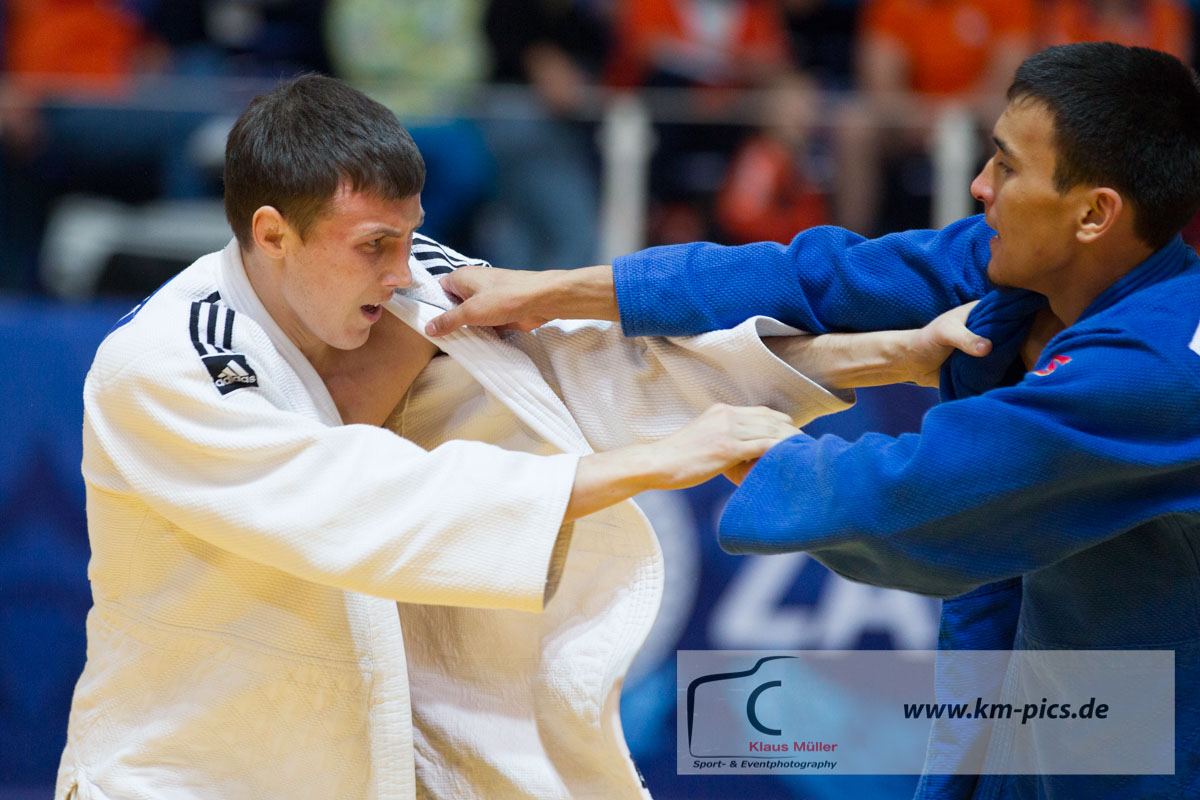
| Result | City | Date |
|---|---|---|
| 2 | Paris | 2024 |
| 1 | Abu Dhabi | 2024 |
| 1 | Zagreb | 2024 |
| 3 | Belgrade | 2023 |
| 2 | Montpellier | 2023 |
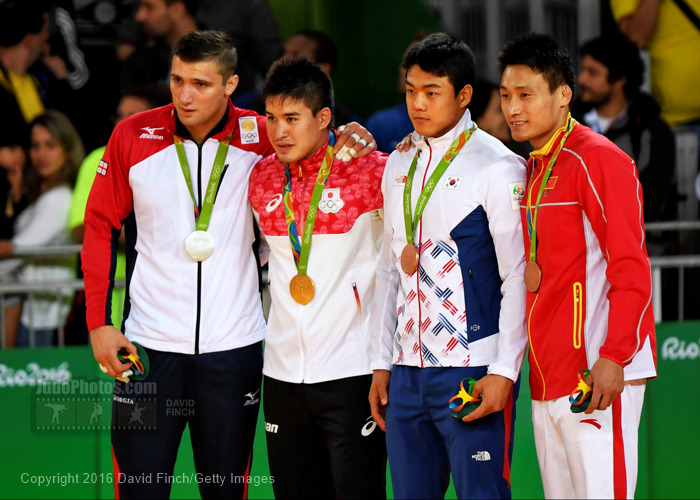





 (5).jpg)
